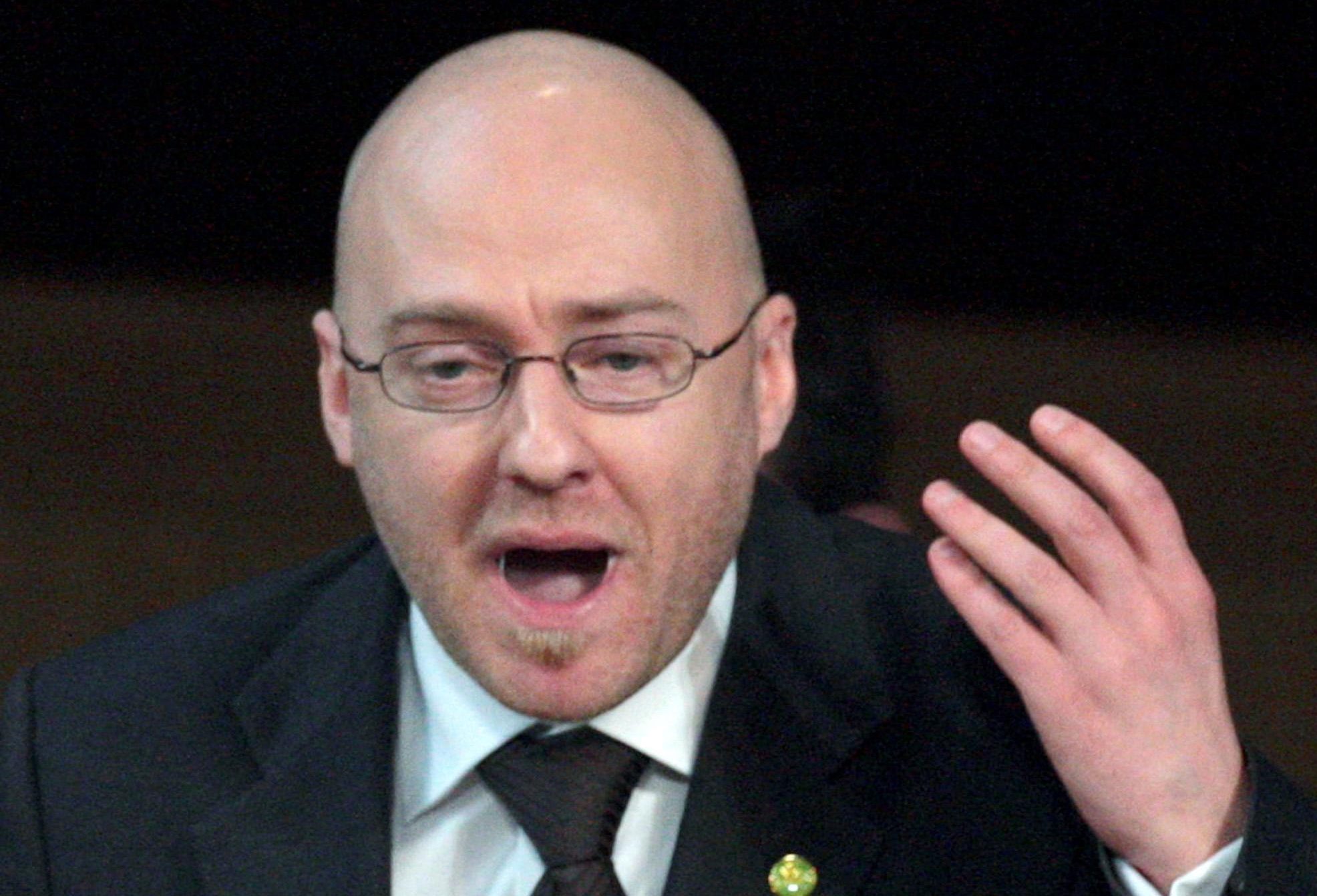Kenny Rogers delivered some sage advice in The Gambler on knowing when to quit when you are ahead.
On this evidence, the Scottish Greens co-leader Patrick Harvie is not much of a country and western fan.
Not content with a rush of Green-friendly policy moves from Nicola Sturgeon, Mr Harvie is upping the ante on the price of his party’s support for the upcoming budget.
As a minority administration, the SNP needs the backing of one other party to get its spending plans through the Scottish Parliament – or face the collapse of the government.
The Greens are the logical fit, not least because they are the Nationalists’ pro-independence partners in Holyrood.
The SNP’s cutting of air departure tax (ADT) – a red line for the Greens – looked an unassailable barrier to winning over Mr Harvie and his five MSP colleagues.
That was until Finance Secretary Derek Mackay delayed the roll-out of the policy, which aims to scrap the flights tax altogether, to open the door to a deal with the Greens.
It follows an SNP shift to the left since the June general election, which has the dual purpose of bringing in the Greens and seeing off the Jeremy Corbyn threat.
The programme for government, which sets the Scottish cabinet’s legislative programme for the coming year, was peppered with policies supported by Greens, or ones that sounded like they should be.
That included handing all Scots a minimum income, setting up low-emission zones in cities including Dundee and signalling the need for income tax increases.
Soon after that fracking was banned, a state company selling cheap renewable energy announced and ministers promised to ensure a Green MSP’s bill outlawing smacking would make it onto the statute book.
With the ADT issue sidelined for at least another year, it seemed the budget negotiation was simply a matter of fixing an SNP-Green deal on income tax.
The Greens would change bands and rates so that those earning more than £27,000 would pay more. The call for a 60% rate for the very highest earners aside, there is likely to be a lot of time within St Andrew’s House for their proposals.
All of this is not enough for Mr Harvie, however, who now wants the Scottish Government to find hundreds of millions of pounds to give public sector staff a 3%-plus pay rise.
Mr Harvie may have been wounded by criticism across Holyrood’s opposition benches that he folded too easily in the last budget.
He has raised the stakes this year with big demands in strained times. That is a gamble when you are not the only party in town.
The Liberal Democrats – whose key demands are 1p tax hikes to fund extra spending on education and mental health support – could yet be seen as the safer bet.










